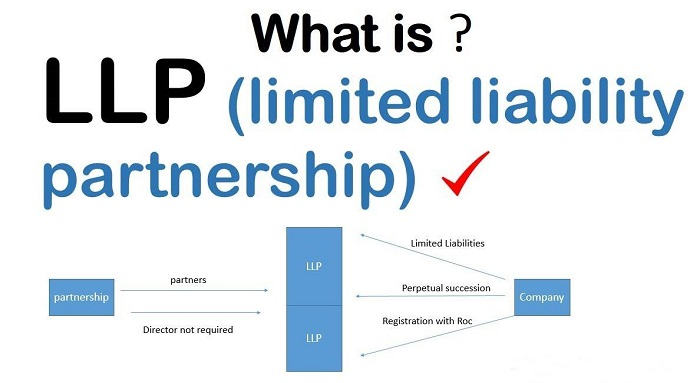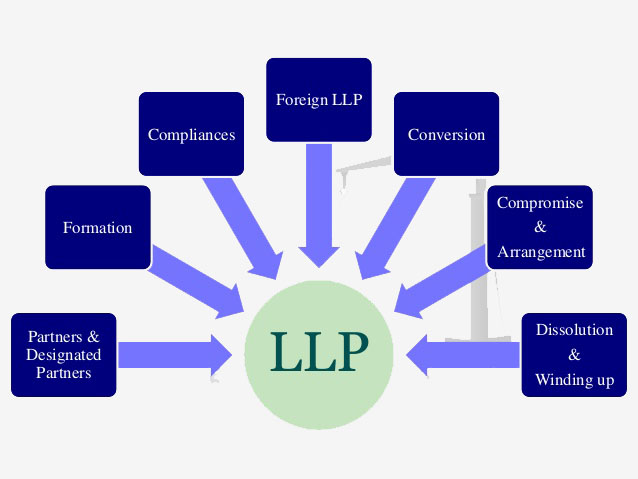What is LLP act 2008 ?
What is LLP act 2008: The LLP Act 2008 refers to the Limited Liability Partnership Act, 2008, which is an Indian legislation that governs the formation, operation and dissolution of Limited Liability Partnerships (LLPs) in India. LLP Act 2008 was enacted by the Parliament of India and came into effect on April 1,… Read More »









